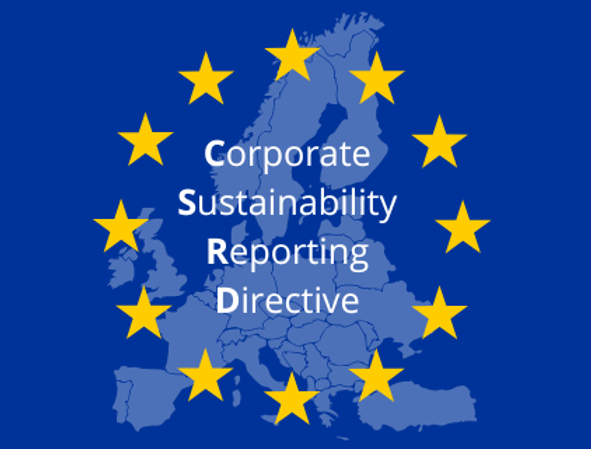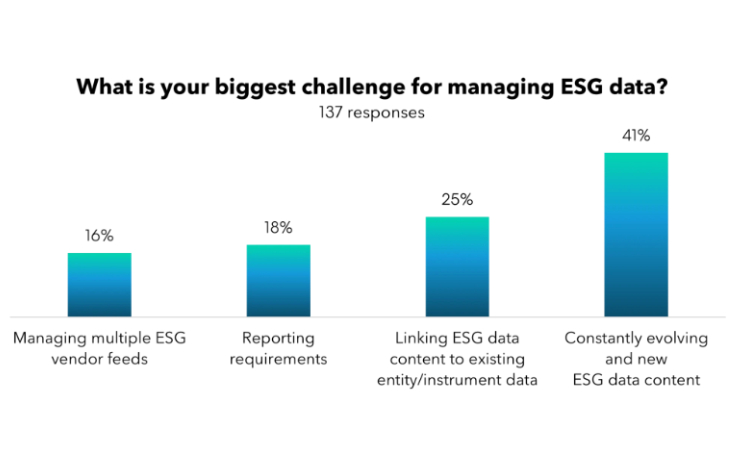The European Parliament adopted CSRD in November 2022, giving further stimulus to transparency on environmental, social and governance affairs in registered multinationals on the EU-governed markets, except for listed micro companies. Adopting this directive lent a distinct edge to the EU, enabling it to become a front-runner of global sustainability reporting standards because around 50,000 large undertakings will fall under the purview of these rules. A large undertaking defined in the Accounting Directive means one that exceeds at least two of the following criteria.
-
A net turnover of forty million Euros
-
A balance sheet total of 20 million Euros
-
250 employees on average over the financial year
CSRD strengthens the old non-financial reporting directives (NFRD), with the basis of its reporting on commonplace criteria in tandem with the European Union’s climate goals.
How does it work?
The meticulous working of a vast initiative like this necessitates data reliability. The directive’s purview encompasses –
-
Furnishing further disclosures- includes qualitative and quantitative progressive and backdated sustainability information, taking short, medium and long-term and the company’s complete value chain into account.
-
Reporting as per new sustainability reporting standards – Information disclosed will be part of the company’s management report and following new sustainability reporting standards, giving the users of the report an integrated view. Pertinent to note is the adoption of mandatory sustainability reporting standards that will respect the principle of proportionality.
-
Single XHTML format mandate – for its digital access, the companies must prepare their financial statements and management report in a single XHTML format.
The benefits of CSRD are manifold, as it demands more accountability from businesses, making it obligatory for them to disclose their societal and environmental impact as establishments will be subject to independent auditing and certification checks, ensuring information consistency. It will also assist investors in making informed decisions, as the data will guarantee comparability and reliability. In addition, digital retrieval of sustainability-related information will also have to be assured.
The date to comply for Small and medium-sized undertakings is January 1 2026, with an opt-out clause until 2028. June 2023 will mark the adoption of the first set of standards.
Bibliography
1. Image Source- SANACOUNT, 2022. Artikelen. [Online] Available at: https://sanacount.nl/opdehoogte/wat-betekent-de-csrd-nu-al-voor-het-mkb










